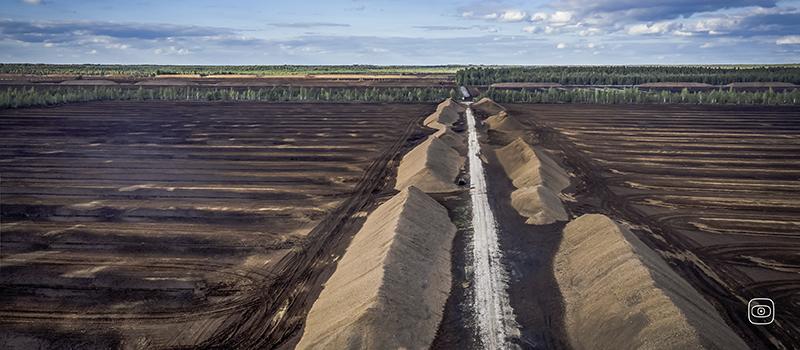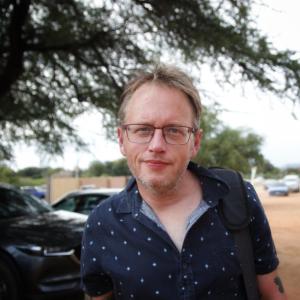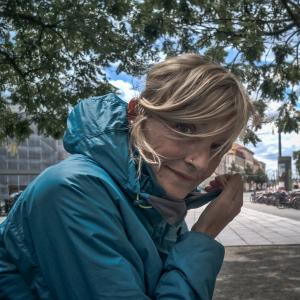Baltic peat lies at the heart of Western Europe’s food security. It is used as a growing medium for both industrial greenhouses and home gardens in Western Europe.
The Netherlands is the world’s second largest importer and third largest exporter of peat. Moreover, Dutch and German companies also mine peat in Latvia and Estonia.
Extracting peat, a fossil fuel formed over six thousand years, is carbon intensive and destroys biodiversity. When a bog is drained and the peat is extracted, the biodiversity loss is total. Around half of the European Union’s 35 million hectares of peatlands are classified as degraded, owing to peat extraction and drainage of peatlands for agriculture and forestry. For these reasons, countries like Ireland and Switzerland have stopped peat extraction and are, instead, importing peat.
The peat and horticultural industries argue that carbon emissions have been erroneously overstated and that financially viable alternatives to peat, especially for greenhouse agriculture, don’t yet exist. Global demand is on the rise and China has started buying peat from the Baltics. As the EU’s Green Deal develops, conflicts between governments, environmentalists, the peat industry and the EU Commission are set to intensify.
Photo by Nathalie Bertrams.
FOLLOW UP
Nathalie Bertrams contributed 12 pictures of Baltic peatlands to the first chapter of the book Turf adieu by Karin Bodewits. (ISBN 9789090397436)



